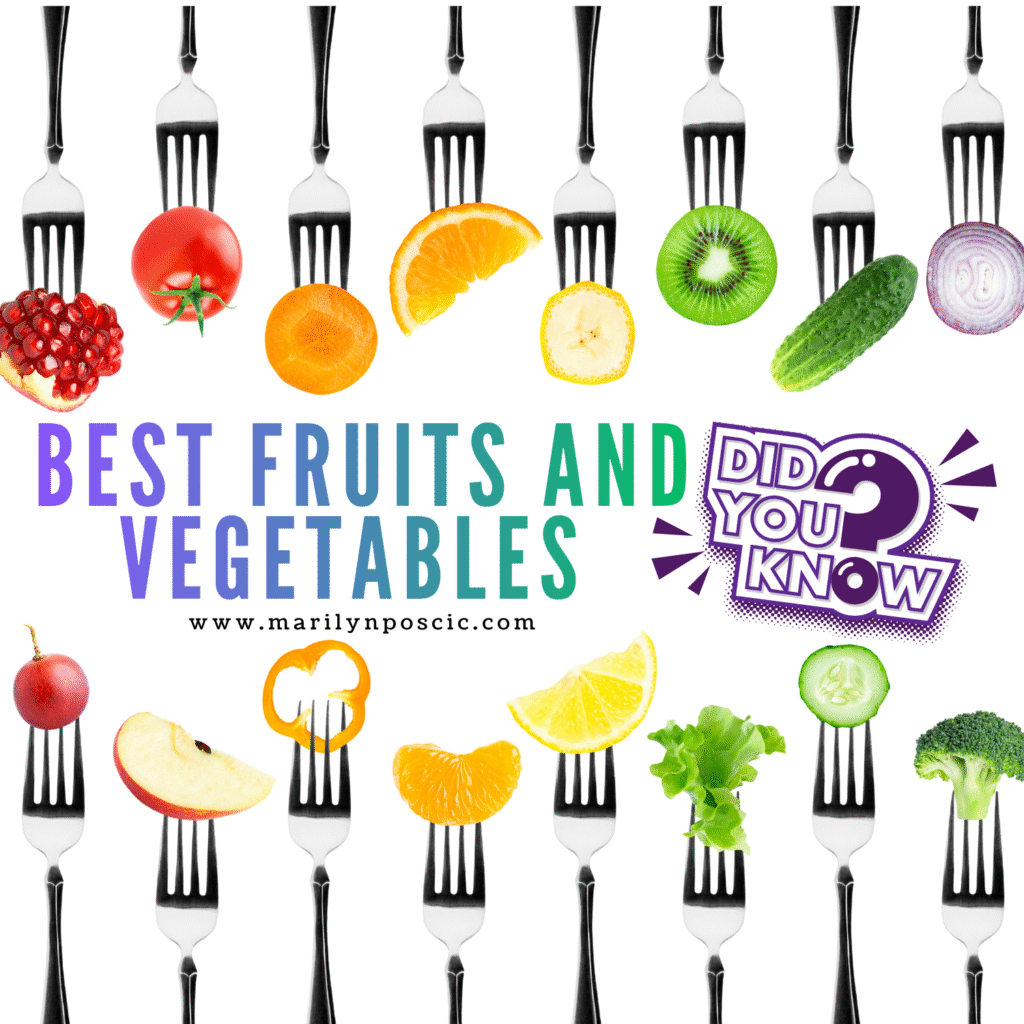For October and November 2025, enjoy seasonal fruits like apples, pears, pomegranates, and late-season grapes, and vegetables such as winter squash (pumpkin, butternut), sweet potatoes, Brussels sprouts, and leafy greens like kale and spinach. As November progresses, look for citrus fruits like oranges, grapefruit, and lemons to come into season.
Fruits
- Apples: Late-season apples are excellent for both eating fresh and baking.
- Pears: Varieties like Bartlett are great for fresh eating, while Bosc or D’Anjou hold up well in baking.
- Pomegranates: A vibrant and delicious fruit that is in season during this period.
- Cranberries: Fresh cranberries are a fall and winter staple.
- Grapes: Late-season grapes are available.
- Citrus: Oranges, grapefruit, lemons, and kumquats start becoming available in November.
Vegetables
- Winter Squash: Pumpkins, butternut squash, and acorn squash are iconic and versatile.
- Sweet Potatoes: A sweet and hearty option available throughout these months.
- Brussels Sprouts: Best enjoyed when they are in season, as their flavor improves with cooler weather.
- Leafy Greens: Spinach, kale, and Swiss chard are excellent choices.
- Root Vegetables: Carrots, beets, and parsnips are plentiful.
- Brassicas: Broccoli and cauliflower are in their prime.
- Other: Celery, celery root, and leeks are also good options
Since apples are very popular this time of year, let’s talk about the benefits! Did you know;
1. Promote Heart Health:
Apples are rich in soluble fiber, pectin, which helps lower cholesterol levels. They also contain antioxidants, such as polyphenols, that protect against oxidative stress and inflammation, reducing the risk of heart disease.
2. Control Blood Sugar Levels:
Apples have a low glycemic index, meaning they release sugar into the bloodstream slowly. This helps regulate blood sugar levels and reduce the risk of type 2 diabetes.
3. Support Weight Management:
Apples are filling and low in calories. Their high fiber content promotes satiety, helping you feel full for longer and reducing overall calorie intake.
4. Improve Digestive Health:
The fiber in apples promotes regular bowel movements and helps prevent constipation. It also feeds beneficial gut bacteria, improving overall digestive health.
5. Enhance Skin Health: Apples contain vitamin C, an antioxidant that supports collagen production and protects the skin from damage caused by free radicals.
6. Boost Immune Function: Apples are a good source of vitamin C and other antioxidants, which strengthen the immune system and help fight off infections.
7. Reduce Cancer Risk: Some studies suggest that apples may contain compounds that help prevent certain types of cancer, such as colon and breast cancer.
8. Provide Essential Nutrients: Apples are a good source of vitamins (including vitamin C, B vitamins, and vitamin K), minerals (such as potassium, magnesium, and calcium), and antioxidants.
9. Promote Cognitive Function: Apples contain antioxidants and flavonoids that may improve cognitive function and protect against age-related mental decline.
10. Enhance Mood: Apples contain nutrients that may support serotonin production, a neurotransmitter that plays a role in mood regulation.
Pumpkins are also very popular this time of year! Did you know;
Nutrient-Rich: Pumpkins are packed with essential vitamins and minerals, including vitamin A, vitamin C, potassium, magnesium, and fiber.
Eye Health: Vitamin A in pumpkins supports healthy vision and protects against age-related macular degeneration.
Heart Health: Potassium and magnesium in pumpkins help regulate blood pressure and reduce the risk of heart disease. Fiber also helps lower cholesterol levels.
Digestive Health: The high fiber content in pumpkins promotes regular bowel movements and improves gut health.
Antioxidant Power: Pumpkins are rich in antioxidants, such as beta-carotene and vitamin E, which protect cells from damage caused by free radicals.
Weight Management: Pumpkins are low in calories and high in fiber, making them a filling and satisfying food that can aid in weight management.
Immune System Support: Vitamin C and antioxidants in pumpkins boost the immune system and help fight off infections.
Skin Health: Vitamin A and antioxidants in pumpkins promote healthy skin by reducing inflammation and improving collagen production.
Other Benefits: Pumpkin seeds are a good source of protein, zinc, and healthy fats. Pumpkin puree can be used as a natural moisturizer and exfoliant.
Pomegranates are also very popular now! Did you know;
Antioxidant Power:
Pomegranates are rich in antioxidants, including ellagitannins and anthocyanins. These antioxidants help protect cells from damage caused by free radicals, reducing inflammation and lowering the risk of chronic diseases.
Heart Health:
Pomegranate consumption has been linked to improved heart health. The antioxidants and fiber in pomegranates may help lower cholesterol levels, reduce blood pressure, and prevent the buildup of plaque in the arteries.
Cognitive Function:
Studies suggest that pomegranates may enhance cognitive function and memory. The antioxidants in pomegranates may protect brain cells from oxidative stress and improve blood flow to the brain.
Anti-Cancer Properties:
Pomegranate extract has shown potential anti-cancer properties in some studies. The antioxidants and polyphenols in pomegranates may inhibit the growth and spread of cancer cells.
Digestive Health:
Pomegranates are a good source of fiber, which promotes healthy digestion. The fiber in pomegranates helps regulate bowel movements and feeds beneficial bacteria in the gut.
Bone Health:
Pomegranates contain vitamin K and calcium, which are essential for bone health. Studies suggest that pomegranate juice may help improve bone density and reduce the risk of osteoporosis.











